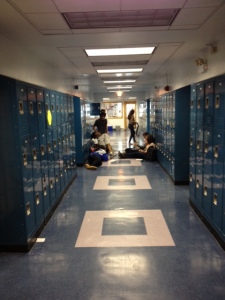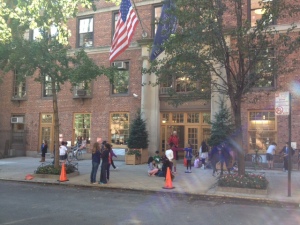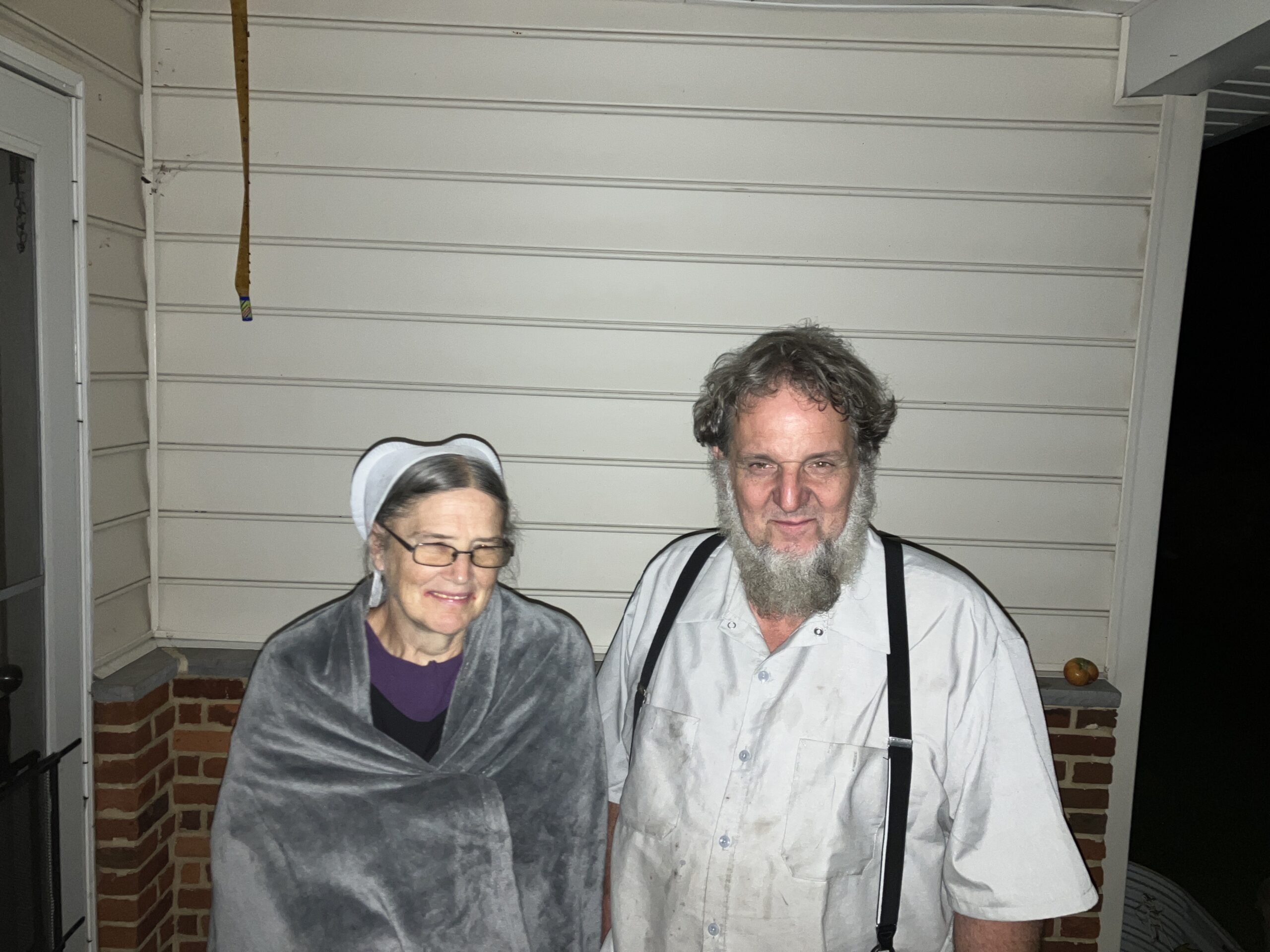This won’t be my longest post, but it will be rich in very specific details about how an old, highly respected prep school on the Upper East Side, arguably the Gold Coast of independent education, is changing what K-12 education looks like. It is not radical, but 10 years from now, learning at The Dalton School will likely look very different from today.
I met with Head Ellen Stein to get the high-level perspective on what Dalton is doing that they consider innovative, and how they are changing at an institutional level. First the long view. The demographics of their 1300+ student body has changed from predominantly Caucasian to highly diverse with 46% students of color. As a community they have embraced the need to enter and engage with a much more diverse world, and this has filtered into their program in highly intentional ways. Second, Dalton’s historic academic program operates in a way that is really quite different from many other K-12 programs. It is based on three operating principles:
- House: students belong to a multi-grade advisory group that stays together (for all four years in the high school) and creates a small community within the much larger overall school.
- Assignment: work assignments are handed out to students a month in advance of due date. Students are expected to own their learning process, budget time, and get the work done.
- Lab: students plan sessions with their teachers to get help, work on special projects, or just communicate about what is going on in class.
This format creates a highly collaborative culture between students and teachers. Furthermore, teachers are discouraged from using a lecture format in class, while students are frequently assigned to lead class time discussions.
Ellen feels that the history and format of this learning approach has developed a culture that is prone to self-examination and innovation. Since 2007 they have been in a cycle of alternate year departmental reviews by external teams, including experts in both discipline and educational theory from colleges and universities. These visits and reports have resulted in substantive changes in curriculum, teaching style, and departmental structures. Of note, Dalton went away from the AP program many years ago. Their students still take the AP exams and do well, but they felt the classes were overly restrictive, so they stopped teaching them. Along with a lot of parent communication at the time, they have subsequently shown that their students still do well on the exams and in their college entrance stats, so they can demonstrate that doing away with the AP courses has not diminished their school profile.
But Dalton is not a school that is testing slowly or cautiously; far from it. Here are a few of the major program innovations they have either started or will pilot in the next year; thanks to both Ellen and Lisa Waller, Director of the High School for sharing all of this with me:
- Dalton joined Global Online Academy, currently has about 30 students taking one or more of the GOA courses, and they are developing their own first online course. They believe the offerings dramatically increase options for students to take courses that Dalton just could not offer in areas like global politics and health, sustainability and languages. Of equal importance, their students are working alongside teachers and students from a number of other countries.
- Dalton has developed something they call International Math Circle, a collaboration with schools in Singapore and India. Teachers put up problems and the students work together as international network teams on the solutions, meeting online and face-to-face via Skype. Right now it is more like a club than a credit class, but it is opening up an entire new front for peer-to-peer collaboration by both students and teachers.
- Dalton has partnered with a school in Holland, with two teachers from each of the schools launching an online course for students at both schools. The students will work in mixed teams on projects that they design, and then visit each other in person for one-week home stays.
 The really exciting pilot at Dalton is named after the school matriarch, Helen Parkhurst, another renowned John Dewey disciple/collaborator. The program will start next year. 15 10th graders and 6 faculty will exist in a parallel Dalton universe with a completely different daily schedule of longer blocks of time, new highly interdisciplinary curriculum that the faculty are writing right now, extensive use of the City as an extended classroom, and a J-Term instead of semester finals. The students have been co-designing this with the faculty, and of course they all expect there to be both successes and failures and subsequent tweaking. The program reminded me so much of what The Hawken School developed around their new downtown campus, or what Hathaway Brown has created with their Institute and Centers. No one has a crystal ball, but clearly the school leadership sees the very real possibility that the pilot will expand and recreate the learning experience, at least in the High School. I went one step further in predicting, based on what I have seen at other schools, that Dalton will be overwhelmed with interest by students and parents in this program and it will expand in very short order indeed.
The really exciting pilot at Dalton is named after the school matriarch, Helen Parkhurst, another renowned John Dewey disciple/collaborator. The program will start next year. 15 10th graders and 6 faculty will exist in a parallel Dalton universe with a completely different daily schedule of longer blocks of time, new highly interdisciplinary curriculum that the faculty are writing right now, extensive use of the City as an extended classroom, and a J-Term instead of semester finals. The students have been co-designing this with the faculty, and of course they all expect there to be both successes and failures and subsequent tweaking. The program reminded me so much of what The Hawken School developed around their new downtown campus, or what Hathaway Brown has created with their Institute and Centers. No one has a crystal ball, but clearly the school leadership sees the very real possibility that the pilot will expand and recreate the learning experience, at least in the High School. I went one step further in predicting, based on what I have seen at other schools, that Dalton will be overwhelmed with interest by students and parents in this program and it will expand in very short order indeed.
These changes have not come without the normal obstacles of money, time, space, and buy-in. (Of particular note for those not familiar with urban New York City schools: they operate out of a fraction of the space that most of us take for granted. Buildings are vertical and classroom spaces are small and used every minute of the day.) Ellen and her team ensure that communication in advance of change, or in the contemplation stage, is highly deliberate and includes all-parent meetings and grade level meetings along with the normal flow of written e-news. Ellen pointed out that families are very open to change as most recognize that the world today is just very different than it was when we were all in school.
Dalton has an acceptance of change in its cultural DNA; that is not an accident. But it takes highly intentional leadership and some real acceptance of risk to branch out from their traditional model of success. The good news is that it is working!




Leave A Comment